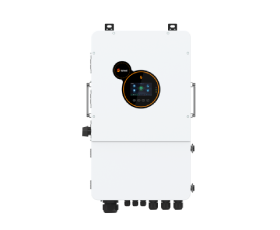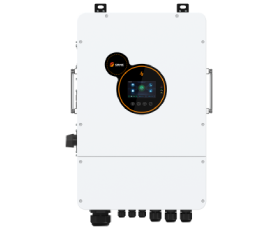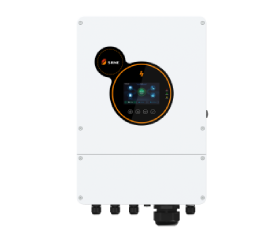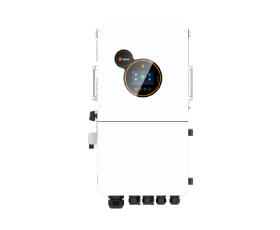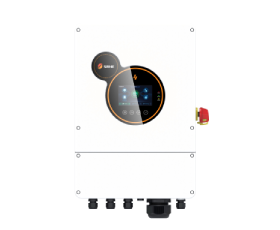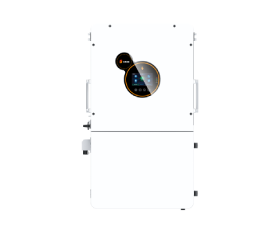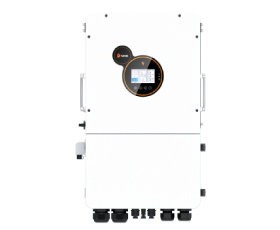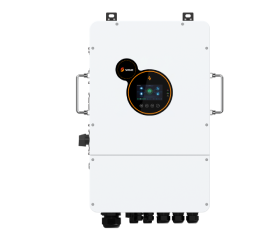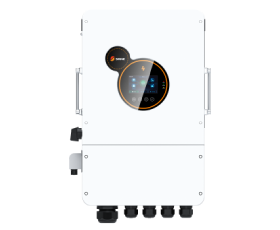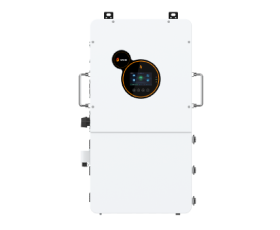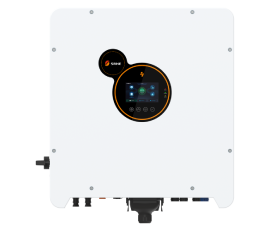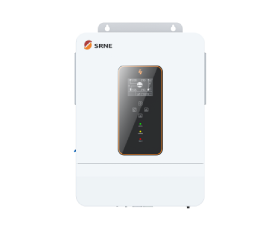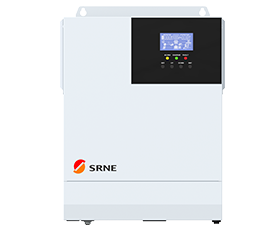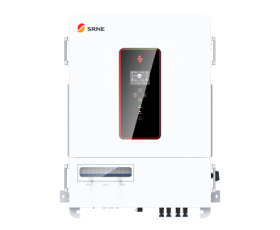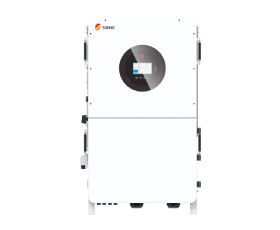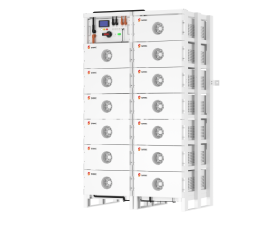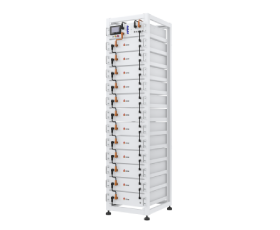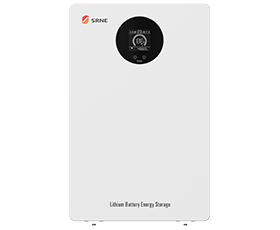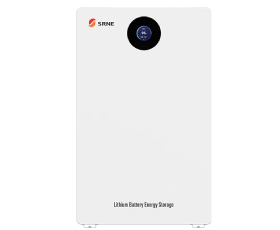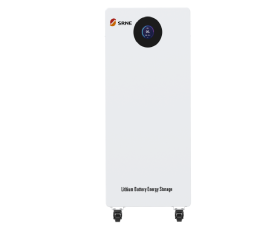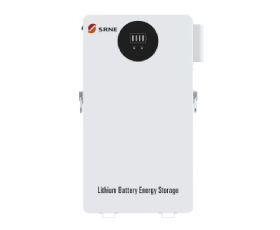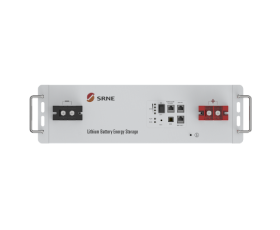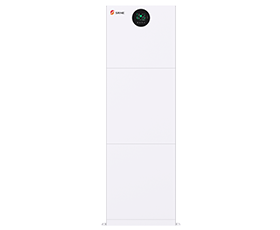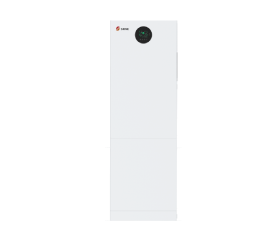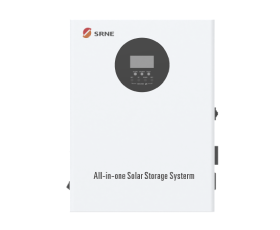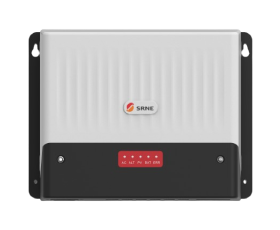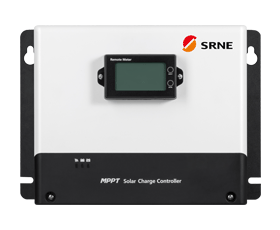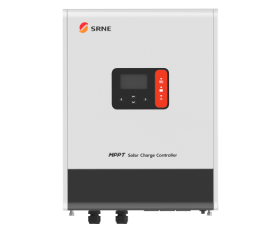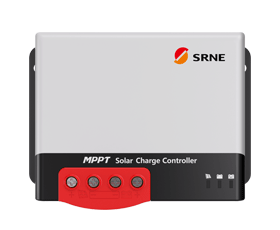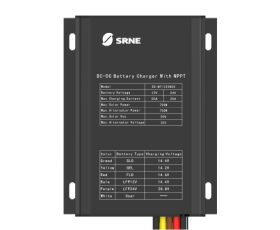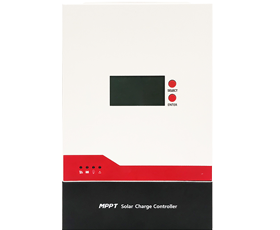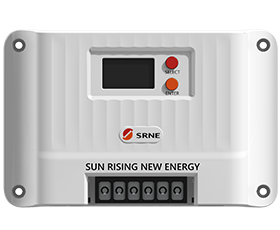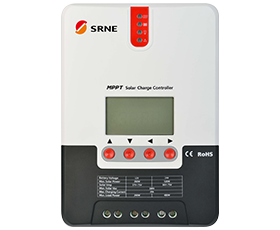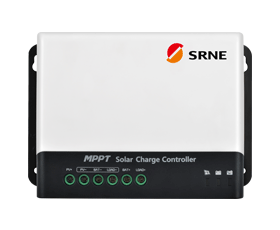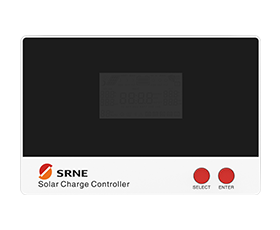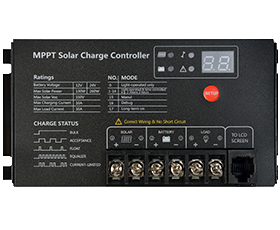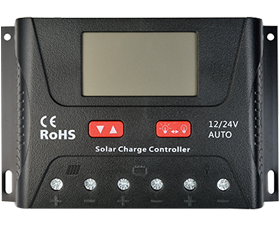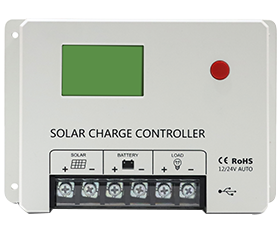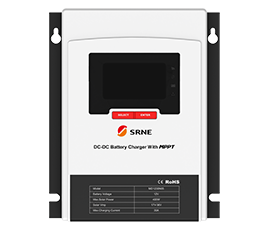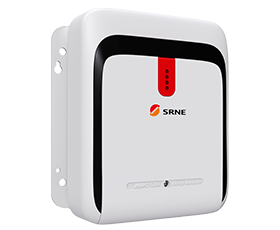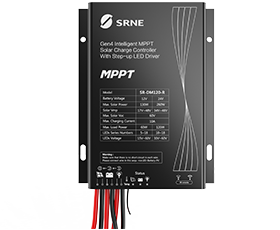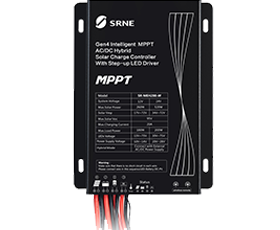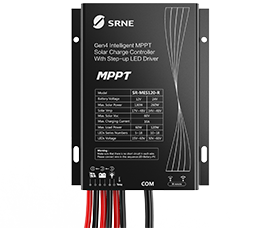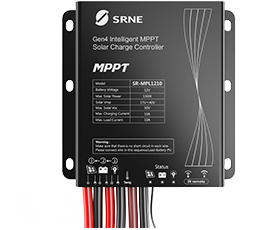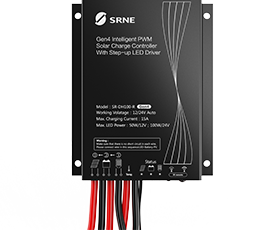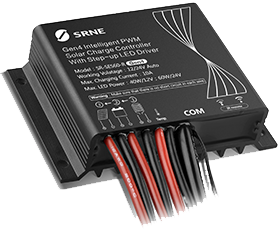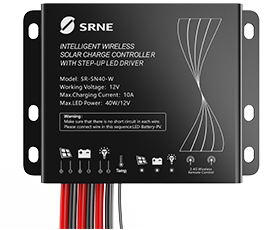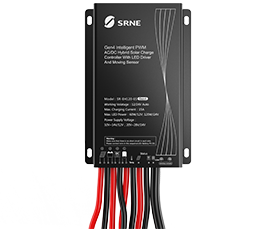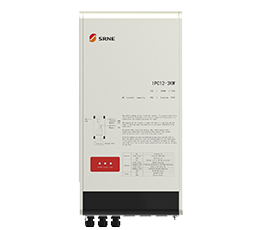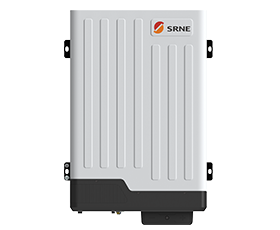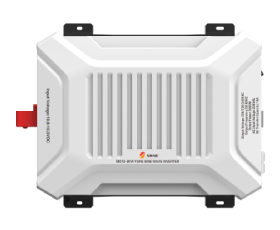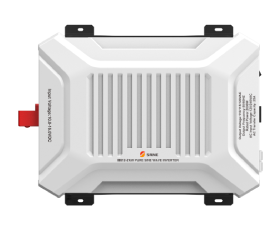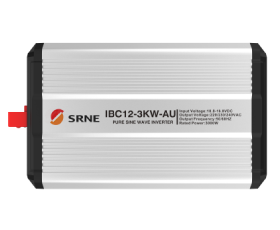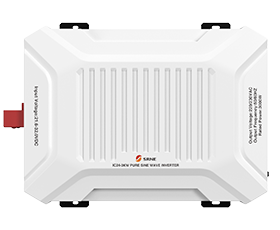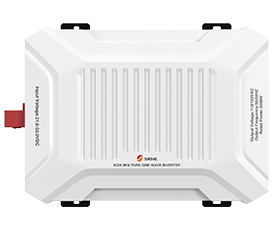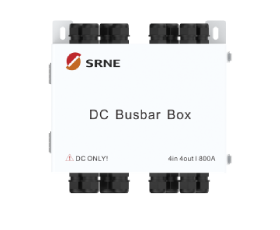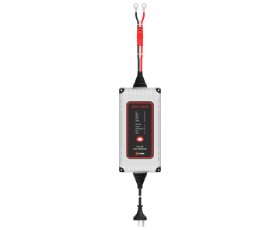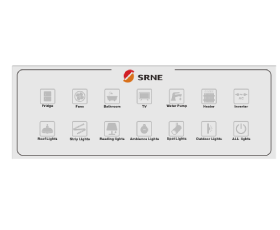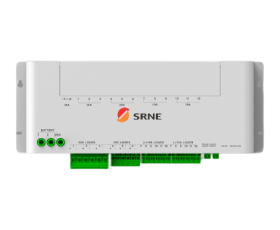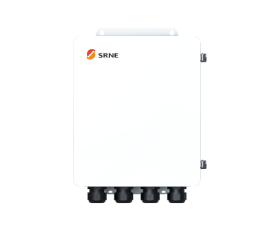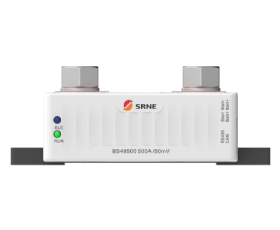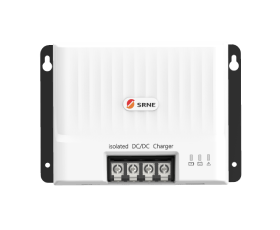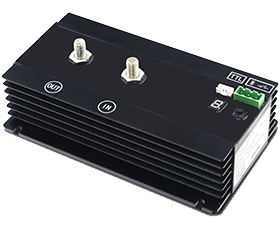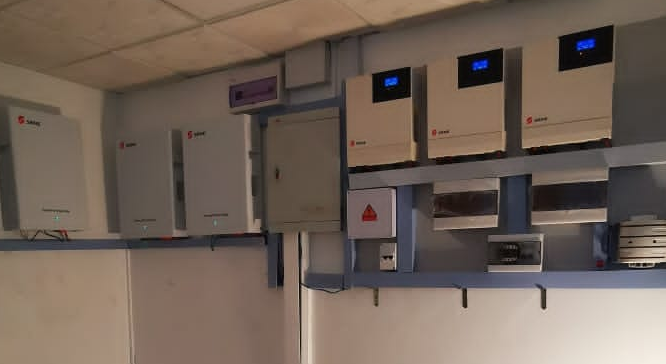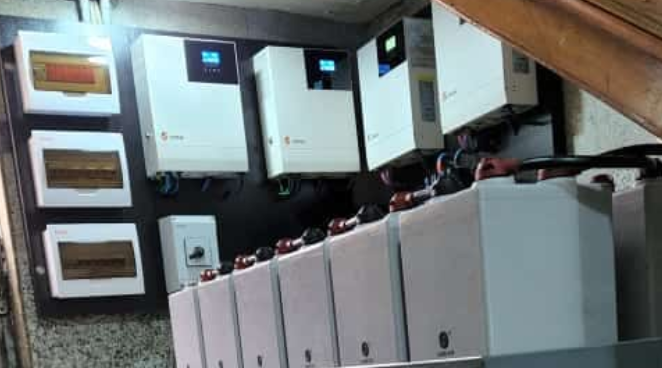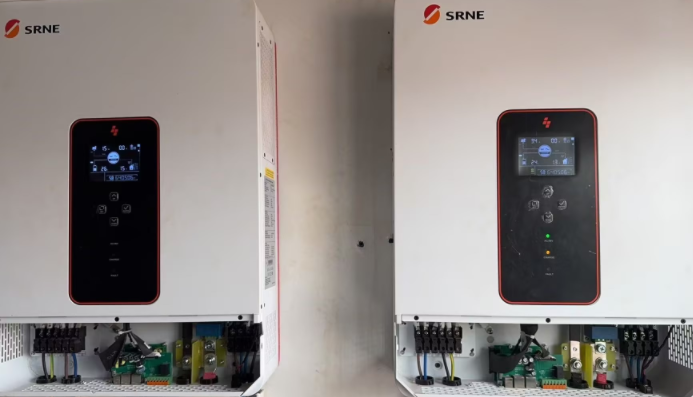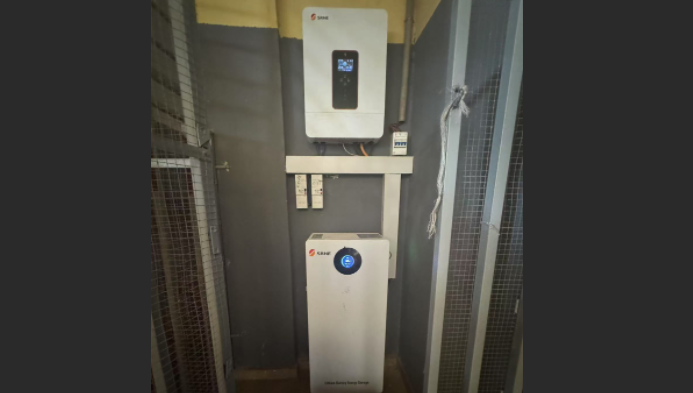How Long Do Solar Inverters Last?——Off-Grid Inverter Lifespan
Off-grid solar inverters are the backbone of independent power systems, converting stored battery energy into the AC power that runs your home, business, or remote site. But like all electronic equipment, they have a limited service life. Knowing how long they typically last, when to plan for replacement, and how to spot early warning signs can help you avoid costly downtime and keep your system running at peak performance.
How Long Do Off-Grid Solar Inverters Last ?
A well-made off-grid solar inverter can typically operate for 8–15 years, with lifespan largely determined by factors such as brand reputation, installation quality, and the operating environment. With consistent maintenance, certain premium units may keep running for over 15 years. However, lower-tier models or those set up improperly might fail in as little as 5–7 years.
Want to choose an inverter that lasts longer and performs better? Read our guide on how to choose the right off-grid solar inverter.
https://www.srnesolar.com/articledetail/how-to-choose-the-right-off-grid-solar-inverter.html
Here’s a quick overview of the main factors that affect an off-grid solar inverter’s lifespan:
Factor | Description | Impact |
Temperature & Cooling | Heat damages electronics; ensure ventilation. | Overheating shortens life. |
Load Usage | Avoid running at/over max capacity. | Overload causes wear. |
Environment | Outdoor units need dust/water protection. | Harsh weather speeds damage |
Brand Quality | Premium parts & QC last longer. | Better builds = longer life. |
System Match | Match inverter with battery/system. | Mismatch adds strain. |
Multiple factors directly influence the lifespan of an off-grid inverter. Effective heat control is among the most important—excessive temperatures can quickly degrade sensitive electronic components, so proper ventilation and cooling measures are vital. Operating habits also matter; running the inverter close to or above its maximum capacity for long periods creates additional strain and shortens its working life. Environmental conditions play a role as well, especially for outdoor installations, where a high IP rating is necessary to guard against dust, humidity, and other weather-related hazards. The brand’s build quality and manufacturing standards can make a significant difference, as premium models typically feature more durable components and are backed by longer warranties. Lastly, system compatibility—ensuring that the invertersolar off grid’s specifications are properly matched with the battery bank and overall system design—helps improve efficiency, reduce wear, and extend its years of reliable service.
How Often Do Off-Grid Inverters Need to Be Replaced?
In most off-grid solar systems, the inverter solar off grid will generally need to be replaced roughly every 10–12 years. This interval can shift considerably depending on factors such as component quality, environmental conditions, and the consistency of maintenance. High-end inverters, built with robust materials and advanced engineering, often surpass this average, reducing the need for frequent replacements. On the other hand, budget-grade units, especially those operating in challenging climates with excessive heat, moisture, or dust, may only last 5–7 years before performance declines.
For long-term energy planning, it’s prudent to allocate funds for at least one inverter solar off grid replacement within a 20–25 year system lifespan. Incorporating this into your budget helps ensure uninterrupted power supply, minimizes the risk of unplanned outages, and provides an opportunity to upgrade to newer, more efficient inverter technology when the replacement becomes necessary.
If you’re planning to replace your off grid inverter, SRNE Solar’s off-grid inverters are a must-consider option—offering longer lifespan, easy installation, and the potential to cut your energy expenses by up to 50% annually. Backed by over 10,000 successful installations worldwide, they deliver proven efficiency and reliability—start optimizing your system today.
How Do You Know When to Replace an Off Grid Inverter?
You don’t have to wait until the off grid inverter completely fails—most will give you subtle warnings long before that happens. Performance decline, thermal issues, and recurring faults often point to a unit nearing the end of its life. Here are some key signals to watch for:
Gradual drop in usable power
If your daily AC output (adjusted for sunlight, panel capacity, and battery state) is steadily declining, or the inverter struggles to start equipment it once handled easily, you may be losing efficiency. A consistent 3–5% drop from normal performance over several weeks is worth investigating.
Frequent thermal limitations
Cooling fans running at maximum speed, repeated “temperature-limited” warnings, or shutdowns under moderate load suggest overheating issues, which may stem from aging components or restricted airflow. Experiencing several of these events in the same weather conditions is a warning sign.
Declining output stability
Flickering lights, unusual noise from electronics, or instruments showing voltage swings above ±5% or frequency variations greater than ±0.5 Hz indicate that the inverter’s regulation is no longer precise—often due to worn capacitors or control circuitry.
Recurring protection triggers
Frequent trips caused by over-current, over-temperature, or ground fault protection—especially if they return after resets and cooling—point to deeper internal problems rather than one-off incidents.
Display or monitoring issues
Frozen screens, missing data, random reboots, or repeated error codes after software updates can be early symptoms of hardware failure in the control stage.
Charging or transfer malfunctions
Inverter/chargers that no longer maintain the proper bulk, absorption, and float stages—or that produce relay chatter when switching to generator input—may have relay wear or control board faults.
Increasing repair frequency
If you’ve had multiple repairs in under a year, or the required fix involves high-cost boards approaching 50% of the price of a new unit, replacement usually makes more sense—especially if your warranty has expired.
Lack of parts or software updates
When spare parts are discontinued, or firmware updates no longer support your battery management system, it may be time to upgrade—even if the inverter solar off grid is still running—so you can maintain system compatibility and performance.
Learn more:
https://www.srnesolar.com/articledetail/can-off-grid-inverter-work-without-battery.html
https://www.srnesolar.com/articledetail/srne-off-grid-inverter-solutions-in-colombia.html
Conclusion
Your off-grid solar inverter is a long-term investment, but it’s not a lifetime device. By understanding its expected lifespan, monitoring for early signs of wear, and maintaining it properly, you can maximize its years of reliable service and plan replacements before failure strikes.



















